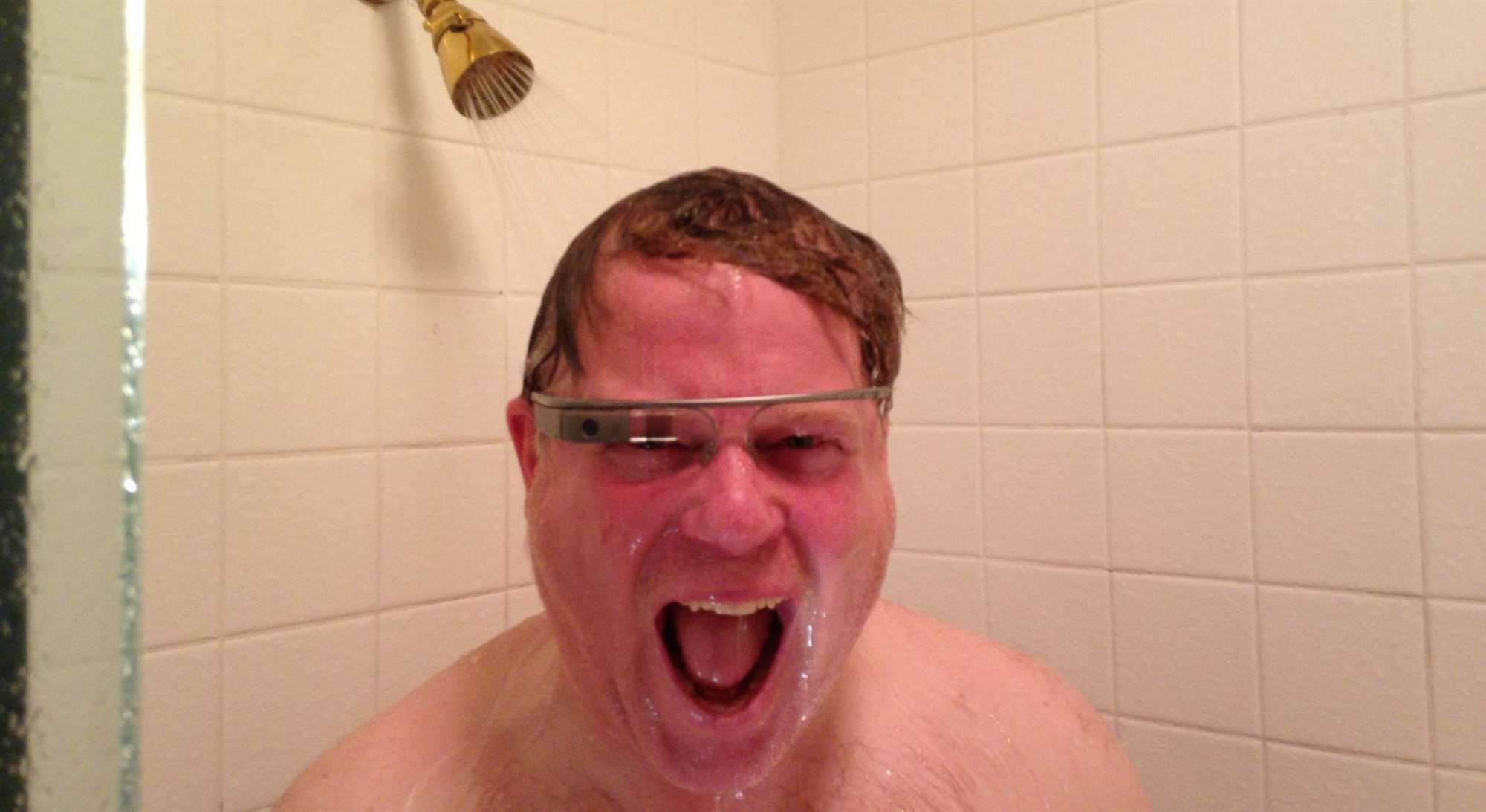Technology watcher and author Robert Scoble predicts that 2016 is going to be the year that entertainment feels the full effect of digital disruption.
Scoble – who is best known for his Scobleizer blog – found himself in Australia for the fourth time, appearing at the Australian Digital Summit organised by Telstra.
It didn’t take long for the discussion to turn to technology innovation, and one of the innovations that he is particularly “bullish” about is low-cost virtual reality and the impact its proliferation might cause on the traditional entertainment sector.
“Entertainment is going to be the big story of 2016,” Scoble said.
“We are going to get Oculus, Valve [SteamVR] or Sony PlayStation VR and … experience the world in a whole new way.”
As with many evangelists for virtual reality, his enthusiasm is shaped by his experiences of the technology at trade shows like CES – and by observing the reactions of others.
“Here’s where I’m coming from and why I’m so bullish,” he said.
“I watched people at CES come out of the demos of Oculus, and every single person used an expletive coming out of that demo: ‘Holy ****. I can’t believe what I just experienced’.
“It is so mind-blowing, and until you have it on your face you just can’t get how deeply this is going to change our society and entertainment.”
Scoble didn’t believe the entertainment sector was “necessarily in trouble” because money would still be invested in new experiences enabled by virtual reality.
However, traditional players could suffer if they didn’t manage to move with the technology trend.
“We’re going to meet a young person who is going to buy an Oculus Rift in the next year and is going to be the new Steven Spielberg,” Scoble said.
“They’re going to buy a new 360-degree camera from Ricoh [the Theta], GoPro or Jaunt, and discover how to create movies in a way that 20th Century Fox is trying to.
“But 20th Century Fox is filming for a screen. That’s a different skill from building a movie where the action happens all around you.”
Scoble cited the Broadway remake of Shakespeare’s Macbeth, Sleep No More, as a precursor to the future of entertainment.
“The action happens all around you,” he said.
“That’s the skill we’re going to need in this new entertainment world, and it’s going to be a young person who gets it.
“I’m too busy to create this and so are you. It’s going to be young people that come along and create massive new companies for this.”
Aside from traditional film companies, other entertainment players such as those who operating sporting grounds were also concerned about what VR might mean for them.
Scoble predicted that a virtual reality experience of a match would quickly become superior to actually being present in the stadium yourself.










